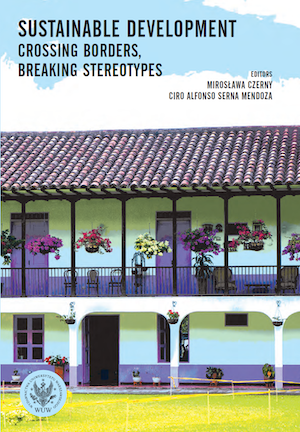Water management: environmental and social impacts of dam construction
Water management: environmental and social impacts of dam construction
Author(s): Bruna Angela Branchi, Cibele Roberta Sugahara, Denise Helena Lombardo Ferreira
Subject(s): Geography, Regional studies
Published by: Wydawnictwa Uniwersytetu Warszawskiego
Keywords: water crisis; sustainability; environmental law
Summary/Abstract: Brazil is well known for its biodiversity and water endowment. Due to its continental dimension, the distribution of water is quite unequal. The Brazilian National Water Authority identified different critical basins. Among them there is the Piracicaba-Capivari-Jundiaí watershed (BH-PCJ) located in the southeastern state of São Paulo. In the BH-PCJ live more than 5 million people, responsible for more than 5% of Brazilian GDP. In 2014 a severe water crisis affected the area, and strategic decisions for supply and water management were taken. Among them, a plan for building two dams to reduce the risk of a future water crisis. Although the benefits of dam construction are numerous, they have severe social and environmental impacts. From the literature review, there is evidence that environmental licensing has been weakened by different laws and constitutional amendments in Brazil. This research, based on official publications and legal documents, aims to describe the administrative process that led to the decision of dam construction and to evaluate its social and environmental consequences. This study showed that environmental licensing is an obstacle to be overcome instead of being considered an instrument for protecting environmental resources and promoting sustainable development.
Book: Sustainable development
- Page Range: 368-375
- Page Count: 8
- Publication Year: 2021
- Language: English
- Content File-PDF

